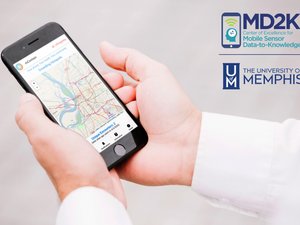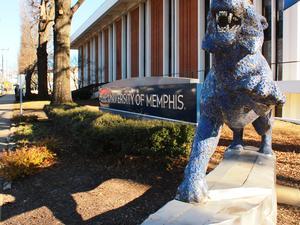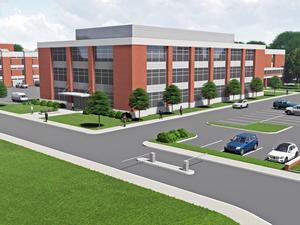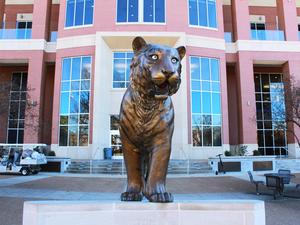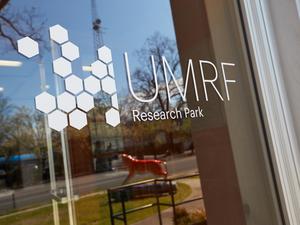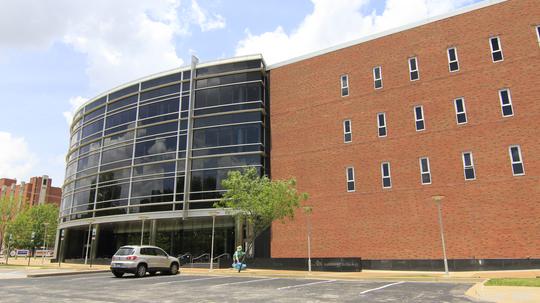
The University of Memphis is leading the way on a new high-tech biomedical resource center that will include research from Harvard, Georgia Tech, UCLA, and other universities.
The U of M announced July 16 that it received a $5.9 million National Institutes of Health (NIH) grant to establish the mHealth Center for Discovery, Optimization & Translation of Temporally Precise Interventions (mDOT).
The U of M will lead the mDOT Center, which will be headquartered at the MD2K Center of Excellence in the U of M’s FedEx Institute of Technology.
Dr. Santosh Kumar will be the lead investigator for the mDOT Center. He is the director of the MD2K Center and a computer science professor at the U of M.
The MD2K Center was established by an NIH grant in 2014. MD2K stands for mobile sensor data-to-knowledge. The mDOT Center at MD2K is classified as a national biomedical technology resource center (BTRC).
“The mDOT Center will be the first BTRC focused on developing innovative mHealth technologies,” Tiffani Lash, mDOT’s program officer and director of the National Institute of Biomedical Imaging and Bioengineering program in Connected Health, said in a release. “It is positioned to empower scientists to discover, personalize, and deliver temporally precise mHealth interventions and treatments.”
The NIH grant will support mobile health research at:
- University of Memphis
- Harvard University
- Georgia Institute of Technology
- Ohio State University
- University of Massachusetts-Amherst
- University of California at Los Angeles
- University of California at San Francisco
The mDOT project team will include researchers in multidisciplinary areas, including artificial intelligence (AI), mobile computing, wearable sensors, privacy, and precision medicine.
Research will key in on chronic diseases and how mobile health technology can improve health and wellness. The mDOT Center’s researchers will conduct AI research to produce wearables and associated apps, and a companion cloud system — giving patients daily feedback and guidance to manage chronic health conditions.
In addition, the mDOT project team will work with more than a dozen other federally funded projects on joint technology development, testing, and large-scale real-life deployment.
“Researchers and industry innovators can leverage mDOT’s technological resources to create the next generation of mHealth technology that is highly personalized to each user, transforming people’s health and wellness,” Kumar said in a release.
